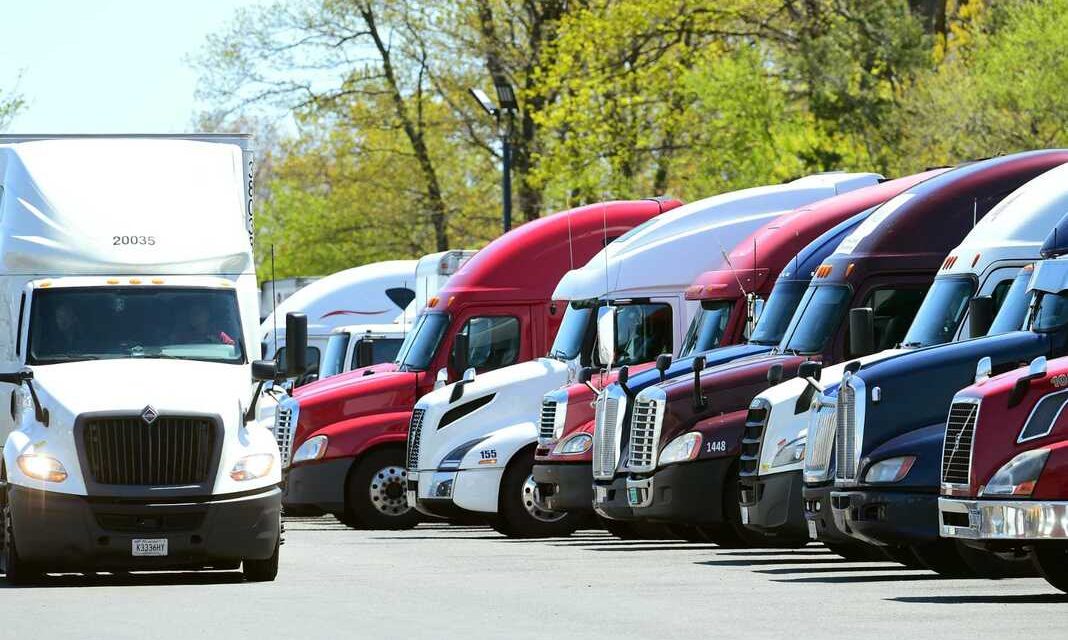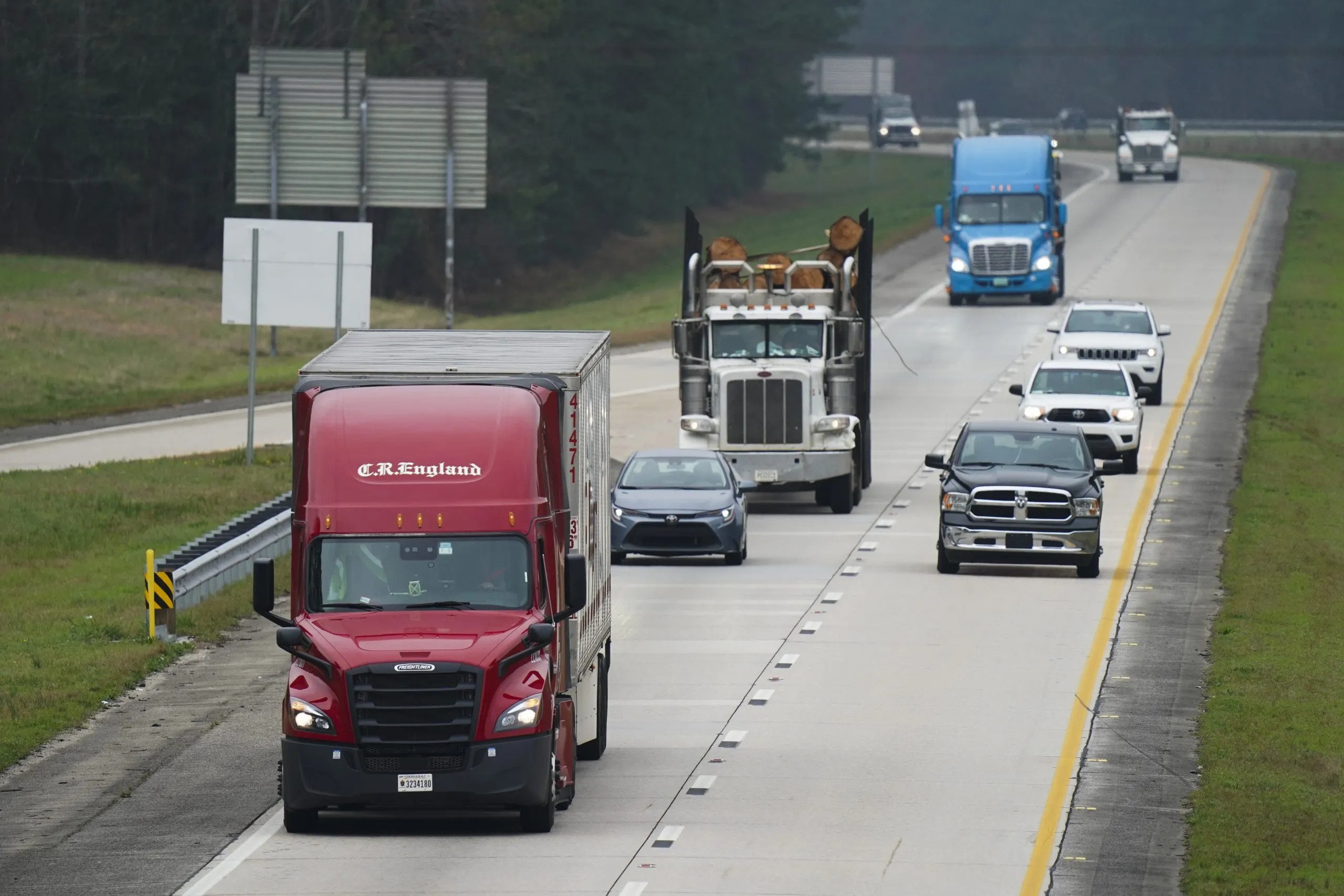House of Dispatch news
Blog
Understanding DOT and MC Numbers

When it comes to operating a transportation company, understanding the requirements and regulations can be a complex task. Two important identification numbers that often arise in the industry are the DOT number and the MC number. In this article, we will provide a comprehensive overview of these numbers, their purposes, and the differences between them. Whether you are a new company owner or an experienced carrier, this blog will help you determine if your company needs a DOT or MC number.
DOT Number
What is a DOT Number?
A DOT number, short for Department of Transportation number, is a unique identifier assigned by the Federal Motor Carrier Safety Administration (FMCSA) to commercial vehicles engaged in interstate commerce. It is a mandatory requirement for certain companies involved in transporting passengers or hauling cargo across state lines.
Who Needs a DOT Number?
You will need a DOT number if your company:
- Operates Commercial Vehicles: If your business operates vehicles with a gross vehicle weight rating (GVWR) or gross combination weight rating (GCWR) of 10,001 pounds or more, transports more than eight passengers for compensation, or transports hazardous materials that require placarding, you are required to obtain a DOT number.
- Engages in Interstate Commerce: If your company crosses state lines while conducting transportation activities, such as delivering goods to customers in other states, you must have a DOT number.
It is important to note that even if your vehicles do not meet the weight or passenger criteria mentioned above, certain states or local authorities may still require a DOT number for intrastate operations. It is advisable to check with the specific regulations of the states you operate in to ensure compliance.

MC Number
What is an MC Number?
An MC number, also known as a Motor Carrier number, is another identifier issued by the FMCSA. Unlike the DOT number, which identifies the commercial vehicles, the MC number identifies the company or the carrier itself. It is required for companies engaged in for-hire transportation of regulated commodities or passengers.
Who Needs an MC Number?
You will need an MC number if your company:
- Operates as a For-Hire Carrier: If your business transports regulated commodities or passengers for compensation as a for-hire carrier, you are required to obtain an MC number. Regulated commodities include household goods, property, or other goods classified as regulated by the FMCSA.
- Engages in Interstate Commerce: Similar to the DOT number requirement, if your company operates across state lines, even for for-hire transportation within a single state, you must obtain an MC number.
Key Differences between DOT and MC Numbers
Now that we have understood the basics of DOT and MC numbers, let’s highlight the key differences between them:
- Purpose: The DOT number primarily identifies the commercial vehicles used by a company, while the MC number identifies the company itself as a carrier.
- Requirement Criteria: The DOT number requirement is based on the weight of the vehicles, passenger capacity, and transportation of hazardous materials. On the other hand, the MC number requirement is based on engaging in for-hire transportation of regulated commodities or passengers.
- Application Process: Obtaining a DOT number involves filing an application directly with the FMCSA. To obtain an MC number, you must first obtain a DOT number and then apply for the MC number separately.
- Displaying the Numbers: The DOT number must be prominently displayed on the commercial vehicles, usually on both sides of the vehicle. The MC number, however, does not require display on the vehicles.
Understanding the requirements and differences between DOT and MC numbers is crucial for transportation companies involved in interstate commerce, including dispatch companies like House of Dispatch. While the DOT number is typically associated with identifying vehicles used in transportation, and the MC number identifies the company as a carrier, the specific requirements for a dispatch company may differ.
As a dispatch company, House of Dispatch plays a pivotal role in coordinating and facilitating transportation services for carriers. While you may not own the vehicles being dispatched, it is still important to ensure compliance with relevant regulations and industry standards.
To determine the specific permits or registrations necessary for a dispatch company, it is recommended to consult with a professional well-versed in transportation regulations. They can provide guidance tailored to the unique needs and responsibilities of House of Dispatch, ensuring that you operate within the legal framework and provide efficient services to your clients.
